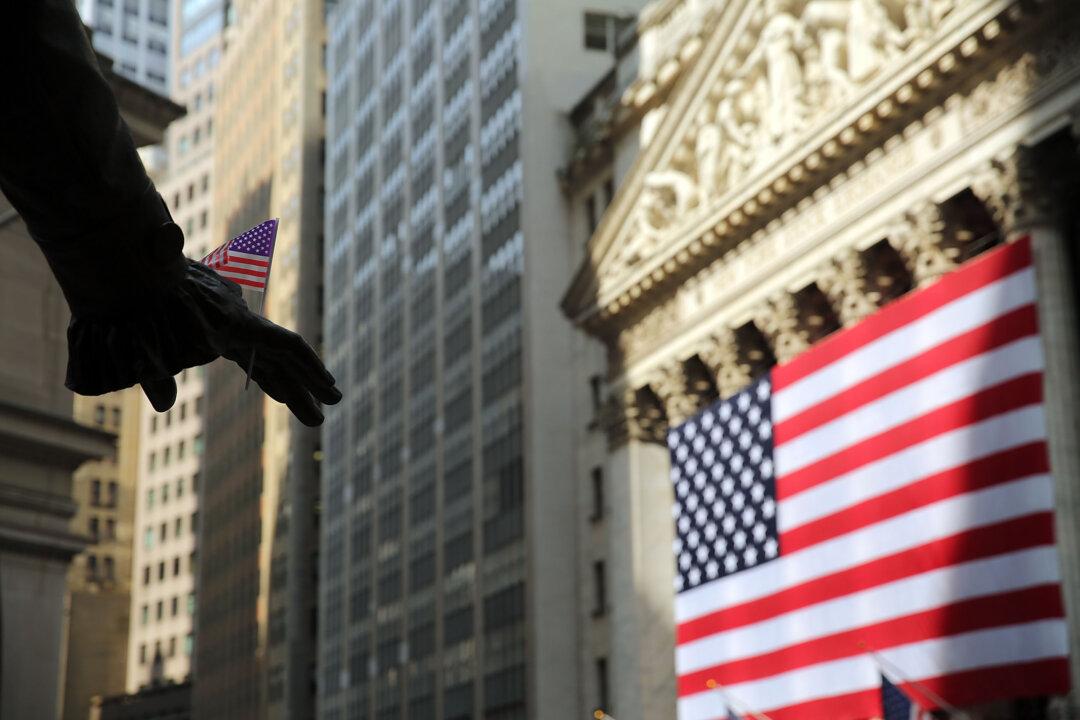China’s stock bubble is bursting, and millions of ordinary Chinese are about to lose their shirts. Aside from the obvious pain that losing one’s life savings would incur, what makes this market crash unique is that the Chinese Communist Party created and encouraged it.
Heading into the New Year, China was facing one of the worst economies in recent times. Repeated downgrades in growth and market instability in the last year have shocked global markets used to meteoric China growth, and struck fear into the regime, which relies on that growth to maintain social order.
The Party thought that a rising stock market would be a good way to raise confidence in its economy. It could alleviate companies’ financing crunch, enrich investors, serve as a distraction for the unemployed, and allow local governments and banks to refill their coffers.


